Back when I was teaching screenwriting, one of my students asked me what was the worst movie I'd ever seen. My honest answer was, I have no idea. A bad movie tends to go in one eye and out the other.1 I may remember certain parts as an object lesson in what not to do, but I don't hang onto bad movies.
I wish I had been aware of this quote from Fran Lebowitz at the time—
I don't have a favorite book or movie or restaurant. I've read thousands of books and seen thousands of movies. do you know who has favorites? Children: “Oh, this is my favorite flavor!” That's because you've tried three flavors.
I have watched a lot of movies, and there’s a flip side to this.
Besides being a recovering film student, I used to work at a low-budget distribution company. We were the distributor of last resort for independent films that had got rejected by everyone else. Being the low man on the totem pole, it fell to me to screen every unsolicited submission, some of which were so bad even we didn't want them.
Prior to that, I worked at the film archives at USC. At the time, we were converting from a card catalogue to a computer system; my job was to watch literally every single student film that had been made at USC since the 60s. So, yeah, I saw George Lucas’s and Robert Zemeckis's student films, but I also more random garbage than you can imagine.
So when someone declares some film or other "the worst," this is my2 response—
If a movie made it all the way to theaters, it's probably in the top 10% of movies made that year.
Apropos of nothing, I saw Captain America: Brave New World yesterday.
Hawks’ Maxim
I don't write reviews because the system seems to reward hyperbolically hot takes. Every movie is The Worst or The Best. Cap 4 is really neither, even on the scale of MCU movies.
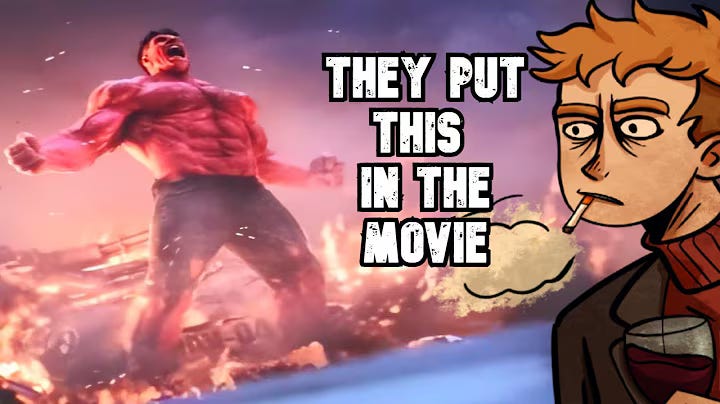
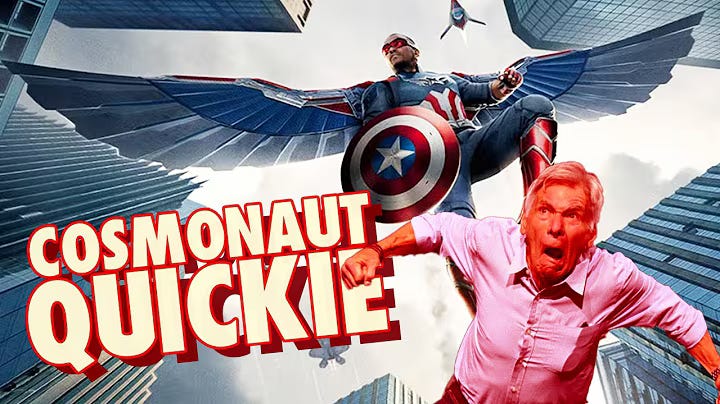
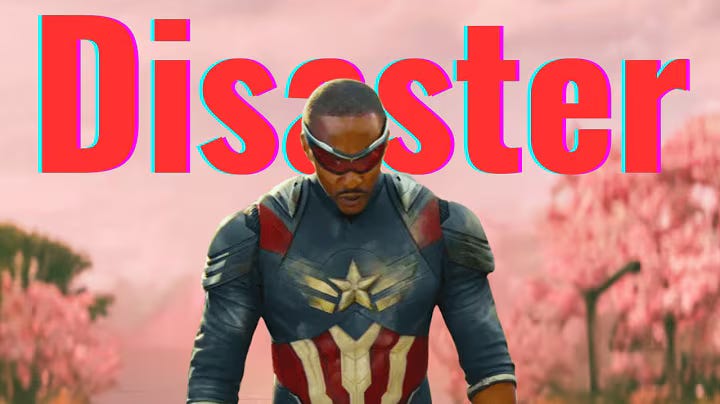
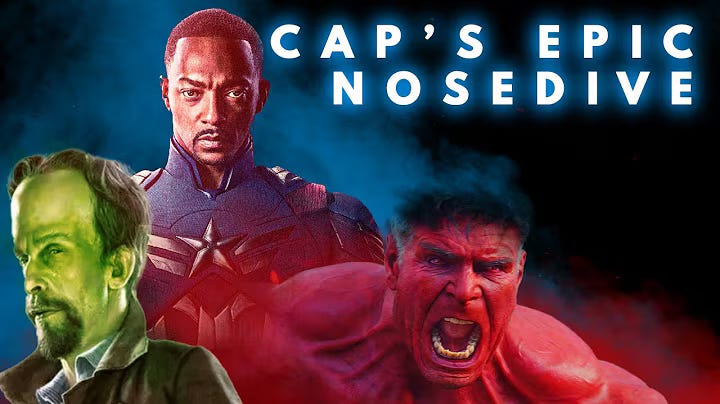
Prior to watching the new one, I went back and re-watched a few other films in the spy/thriller corner of the MCU—Captains America 2 and 3, and Black Widow. I was reminded of Howard Hawk’s great quote: a good movie is three good scenes and no bad ones.
Winter Soldier and Civil War both qualify by that standard. Black Widow’s poor reputation falls short of Hawks’ standard— it did indeed have a few great scenes in the first half, which were unfortunately counter-balanced by several bad scenes towards the end.
Brave New World didn't really have any memorably good scenes (except maybe Isaiah not wanting to go back to prison), and more than a few bad ones. Plus, BNW had so much back-of-the-head ADR to cover up reshoots, it started to look like UltraCity 6060.
I think the critical and commercial failure of Captain America 4, after a fairly long decline (albeit with some bright spots) in the MCU, will lead to some changes.
Fourth Generation
Some time ago, I claimed that the persistent popularity of superhero films from 2000 through 2019 reflects not one, but two distinct (however overlapping) genre cycles.
Starting with 2000's X-Men, filmmakers and studios consistently tried to create "realistic" and "serious" comic book movies. Campiness was replaced with grim and gritty realism. The characters faced real-world problems, like rent, in addition to supervillains. The trend arguably peaked creatively (if not financially) in 2008 with The Dark Knight.
That same year, a new trend began with the birth of the MCU. Iron Man and The Incredible Hulk popularized the post-credit scene; Nick Fury even drops the word "universe," before the term "cinematic universe" was even coined.
The two cycles overlapped for some time. DC continued its descent into the grimdark style under Zack Snyder through Man of Steel in 2013. That was a full year after the MCU gathered together the Avengers, because these ships take a long time to steer. Warner Brothers then mandated their superheroes join a cinematic universe as well, and Man of Steel 2 morphed into the Supreme Court case Batman v Superman.
In the above video, I had assumed that the Cinematic Universe peaked in 2019 with Avengers: Endgame, but taking into account subsequent events, I think I was wrong. Infinity War wrapped up the cycle. Endgame—ironically titled in this case—began a new cycle I'm calling Retrospective Superhero Films.
A Look Back
Whereas Serious Superhero Films took inspiration from the real world, Retrospective Cinema is characterized by a series looking back onto itself. This took shape in two primary ways: Legacy characters, where a newer, younger hero takes the place of an established one; and nostalgia bait, whose primary appeal is bringing back fan favorites "one" more time3 to celebrate past achievements.
The latter have been more successful financially (Spider-Man: No Way Home, Deadpool & Wolverine, and Endgame itself), with some exceptions (The Flash). The best (in my opinion) of the former were ones that didn't feel the need to denigrate the mentor figures, like the aforementioned Black Widow (despite its terrible third act) and the Hawkeye TV series (despite its focus on Kate Bishop over Hawkeye).
Based on nothing more than trailers and rumors, I think Brave New World will be the last of the legacy character films. Thunderbolts appears to harken back to the Cinematic Universe, bringing together characters from disparate projects.
But this July, I believe we'll see the beginning of a new cycle: the Reconstruction.
A Reconstruction acknowledges the flaws and assumptions of a trope that has undergone Deconstruction, so it either modifies the trope in a way that resembles the original and still work in reality, or finds a solution for the trope to become useful again. Or in other words, if you view a Deconstruction as a critique of a trope, then a Reconstruction is a critique of the Deconstruction.
The fourth film iterations of both Superman and The Fantastic Four4 appear to be attempting two things at once—ignoring the build up of continuity from past projects, combined with a back-to-basics approach to what makes these characters appealing in the first place.5 There won't be any self-aware jokes from the Cinematic Universe era, but nor will the films be self-serious and ashamed of their comic book roots, as with the earliest Serious Comic Book films. I think these movies are going to be unironic and earnest.
And I think they're going to be huge hits.
This article is long enough as it is, so I'm going to leave off why I think that until another time. You should subscribe, so you don't miss it.
It is a visual medium after all.
Yes, it’s another clip from my movie, Other Halves.
Someday looking back, we may regard The Batman as the actual starting point for this cycle.




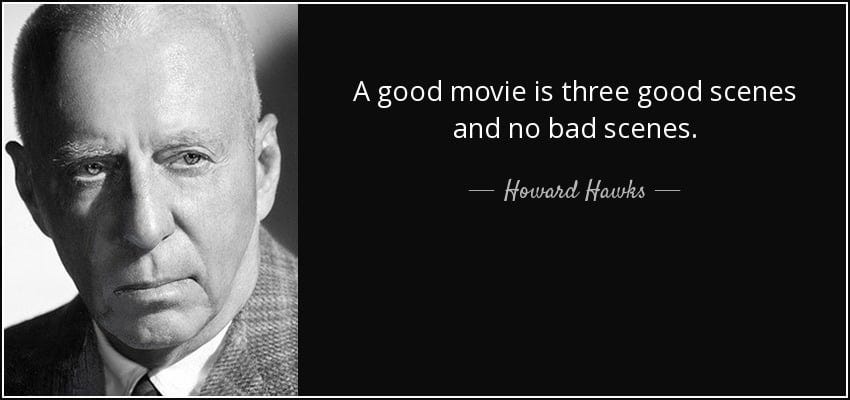


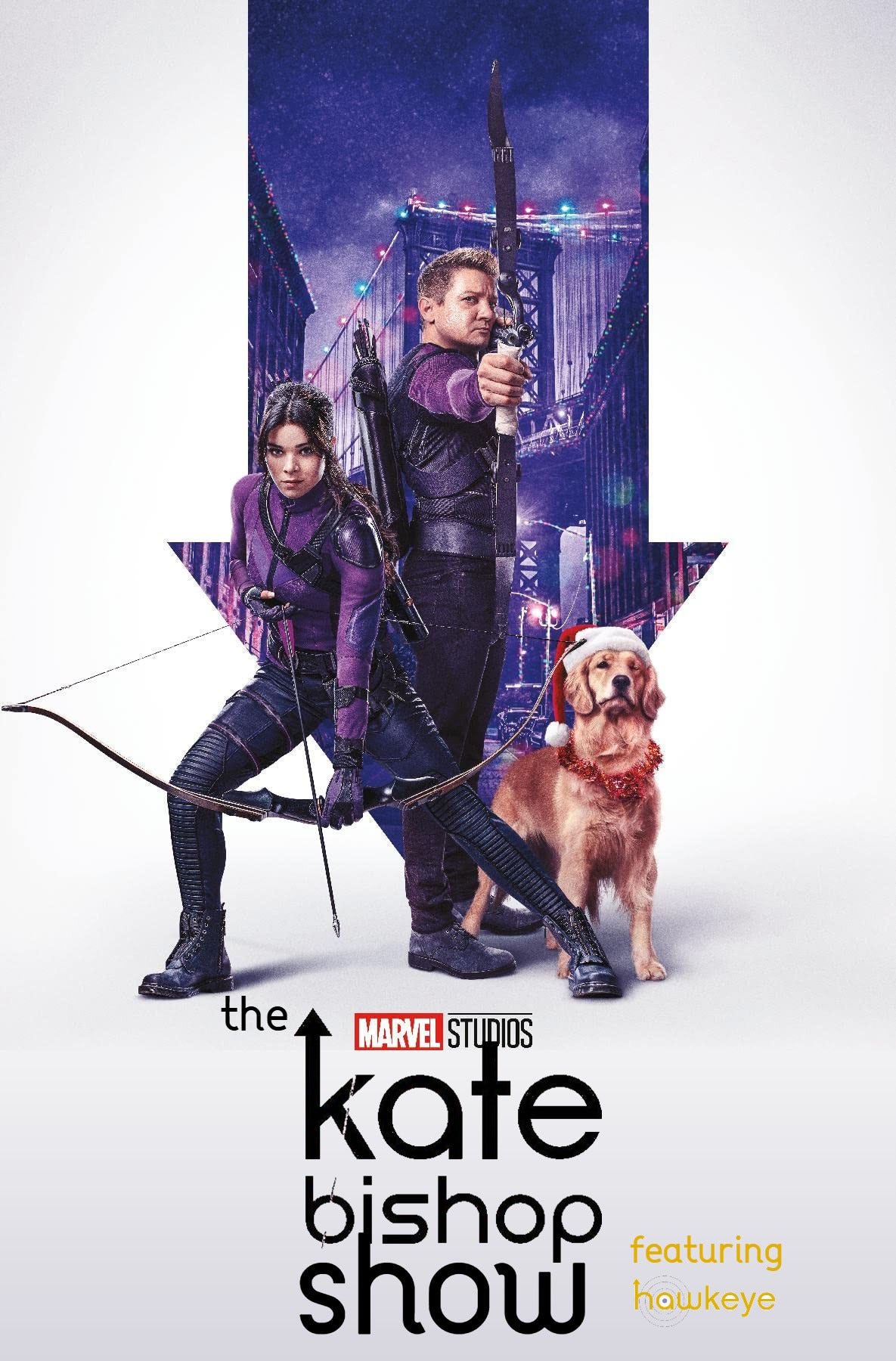
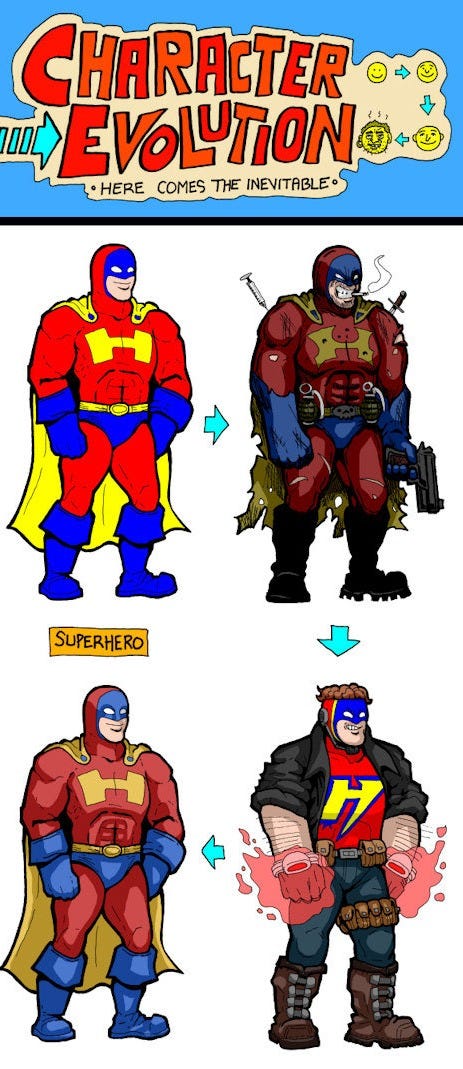
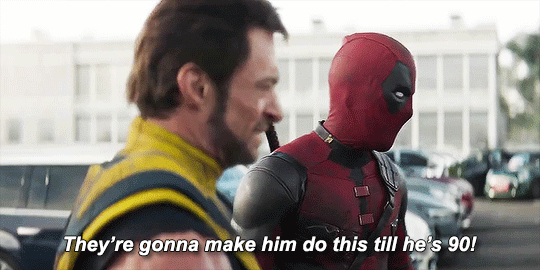

It's interesting that while good movies came out of each of the eras, the grounded era (arguably) produced the best.
It's also interesting that different studios are in different eras: Sony is still stuck in the franchise era, Disney is putting out the last retrospective era projects while pivoting to the new era, and WB seems to be embracing the future.